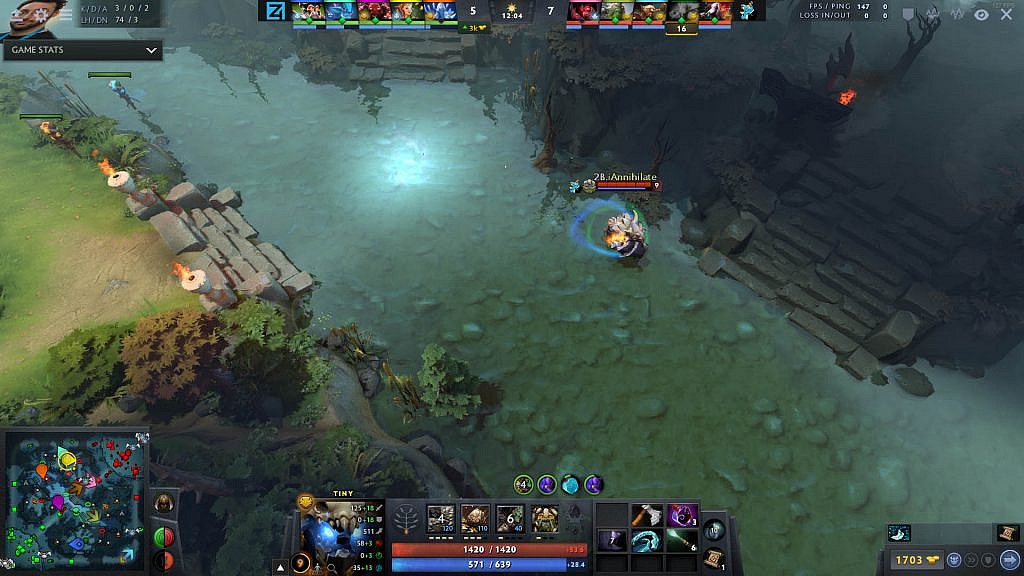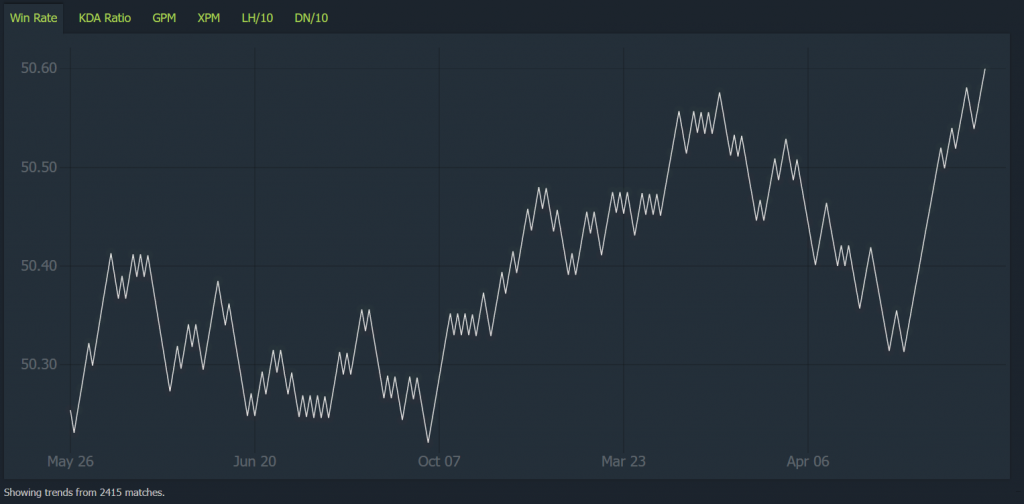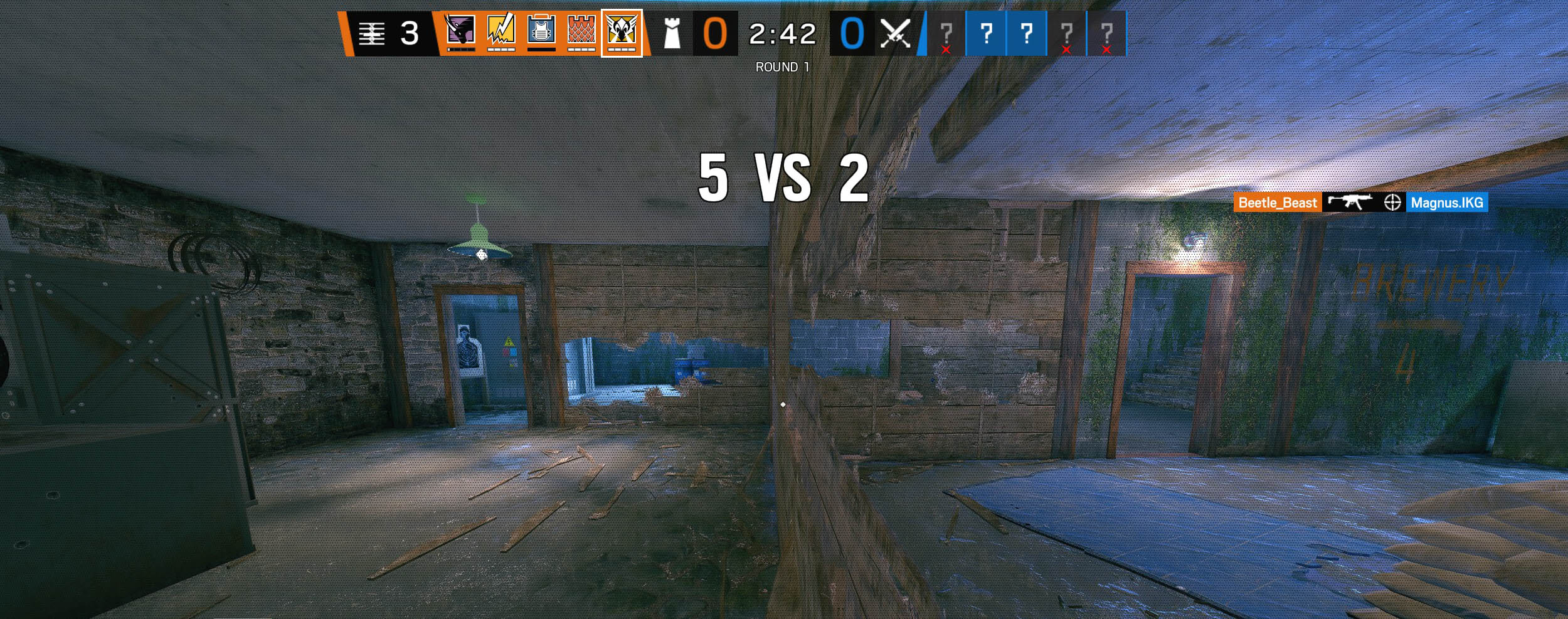What is fairness, really?
Most of the multiplayer games I play pit players against others. I enjoy competition, but sometimes outcomes do not feel fair. Be it hackers or cheaters, technical issues, disproportional skill levels, or lacking cooperation – it is easy to find unfair things if you start looking. Pinpointing why is trickier. I find it useful to think of fairness as relating to two player goals: competition and fun.
I consider competition, ultimately, as measuring demonstrable skill. In a competitively fair system, the more proficient player should come out on top. Any differences in external factors beyond the players themselves are unfair advantages or disadvantages, as they reduce the accuracy of the measurement. Breaking rules, superior hardware or software, and environmental distractions are examples of this. But in-game variance can also reduce fairness. Randomness and unequal starting points can sway a competition one way or another.

But the experience of fairness and the measurable fact are not the same. Competitive fairness is only the first part of the equation. Getting crushed by a skilled opponent is expected, yet it is easy to find the situation itself unfair. A dice roll going against you can be unfair (though oftentimes balances out over the long-term) and feels that way as well. But playing chess with odds – removing some of the more skilled player’s pieces before the game – causes a competitively unfair advantage, yet can feel fairer.
Games are never made for the goal of measuring skill alone. They are played to have fun. And while I refer to whatever emotional goal one aims for, whether relaxation or escapism or thrill, saying fun is simpler. The experience of how fairly a game treats the player contributes to its fun, and this sense of emotional fairness is the second factor in our equation. The developers of competitive games routinely struggle with balancing the two.

Community perception of competitive balance is, in fact, a shared sense of emotional fairness. Whatever the statistics gathered by game developers show, some characters and strategies can be deemed too weak or too strong. This alters the playing field by directing the attention of both players and developers towards perceived imbalances. People develop a personal sense of fairness, strongly informed by their own preferences and frustrations. Most of the time emotional fairness is the more impactful one. When the players agree something is fair or unfair, it is so.
Competitive fairness is also, potentially, a troubled concept. How much agency do you have over your own abilities? People’s lives are filled with advantages and disadvantages based on their social and physical environment. Is it fair to have more time to practice than someone else? Should the background of a player matter? Is skill itself an unfair advantage? Your worldview informs not just what skill means, but also if it can or should be measured.
Still, I find the two-part idea of fairness interesting. Competitive games strive to reach two separate goals, competition and fun, and whichever takes the back seat depends on the situation, the game, and the players. Perhaps this division can be applied to non-competitive games as well; some cheat in favor of the player, and some aim to feel unfair. All in all, while not quite as simple, this balancing act is in a sense between perception and reality.
Images
Screenshots by the author feature Rainbow Six: Siege (banner), Dota 2, and the statistics website Dotabuff.com, respectively.

Leave a Reply